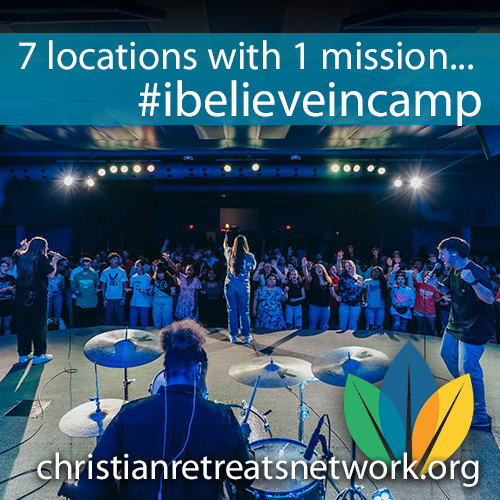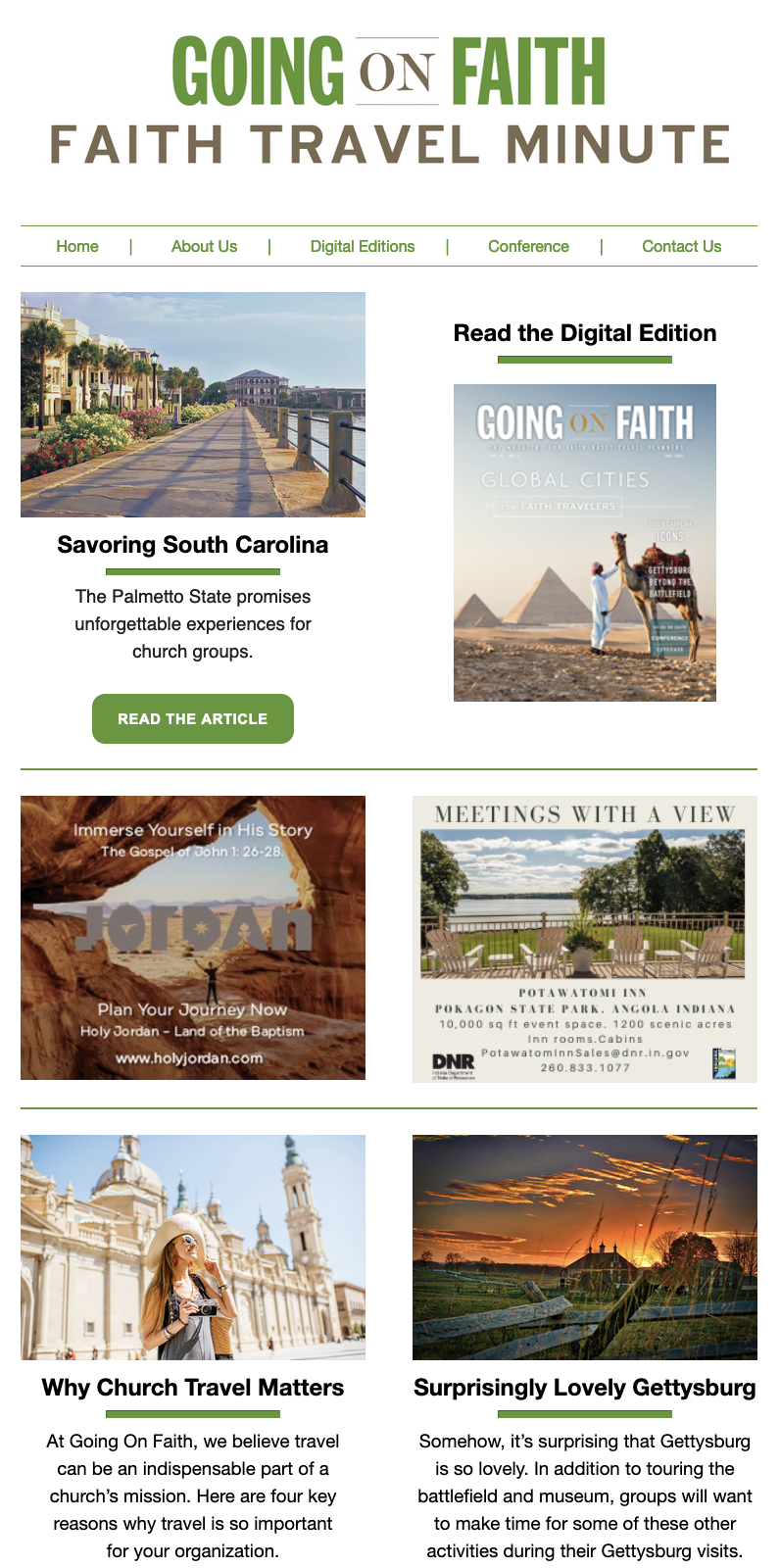Faith was at the heart of the civil rights movement, not only in its principles, but also in its people. Churches served as community staging grounds. Church members drove station wagons to provide transit during bus boycotts. Pastors and preachers helped spread the movement’s ideals.
These civil rights sites — whether they’re museums, places of historic significance or both — share the history of the civil rights movement, the story of its most prominent leaders and the meaning of its legacy in the world today.
Martin Luther King Jr. Center for Nonviolent Social Change
Atlanta
Three months after Martin Luther King Jr. was assassinated in April 1968, his wife, Coretta Scott King, established the Martin Luther King Jr. Center for Nonviolent Social Change in Atlanta.
Today, more than 50 years after King’s murder and the center’s founding, visitors can learn about the six principles of nonviolence, read King’s words inscribed on walls throughout the center and hear his words from above. Speaker systems recently installed throughout the campus let visitors hear King’s voice and learn about his life not only as a renowned civil rights leader, but also as a person, a man who loved to swim and whose last car, a 1967 Chevy Impala, still sits in the garage of his home.
The King Center has been updating aesthetics and technology and just completed a renovation of the iconic reflecting pool, where the Kings are entombed side by side in a white crypt. Coretta Scott King fell in love with the Taj Mahal’s reflecting pool and “was determined to build that pool here,” said Carmen Luisa Coya-van Duijn, director of communications.
With the recent rise of violence and vitriol, “we have seen a surge of people coming from all over the earth to just sit in front of that pool to pray and contemplate,” she said.
In Freedom Hall, video monitors were added so guests can see photos and watch clips of King’s speeches and interviews. Center leaders also plan to renovate and reopen the chapel and add digital screens along the outdoor Freedom Walkway.










